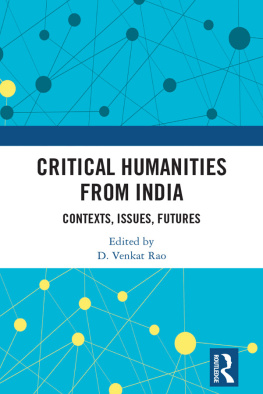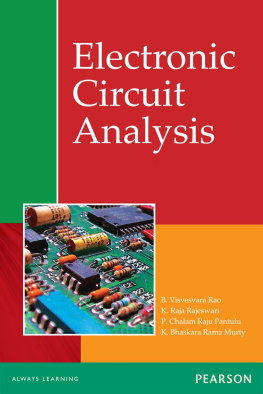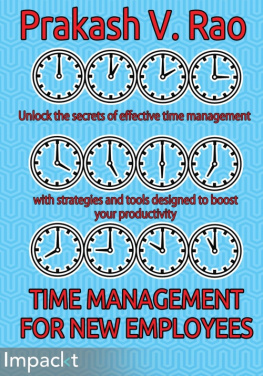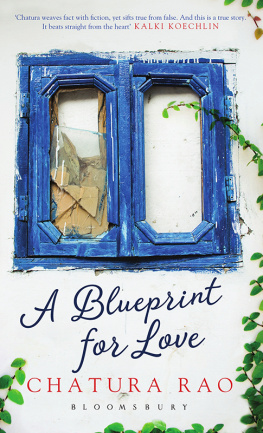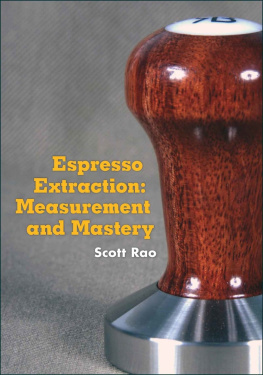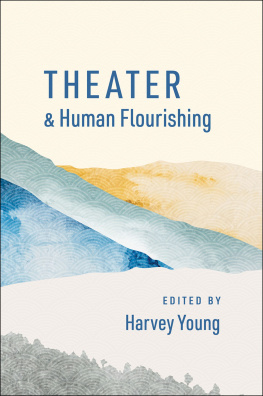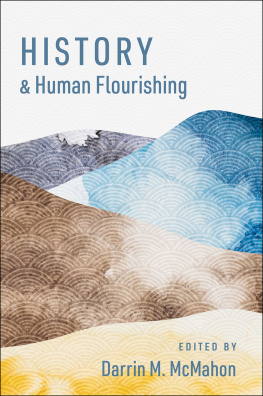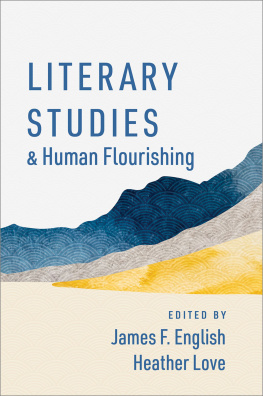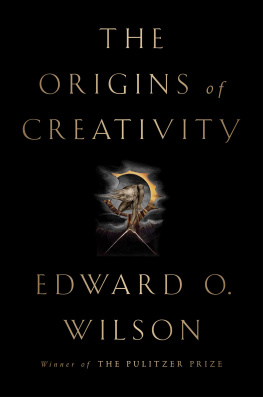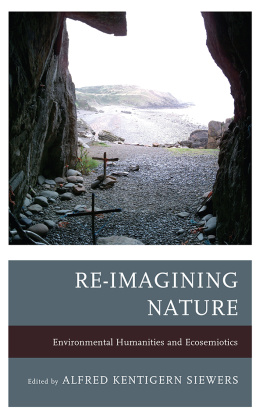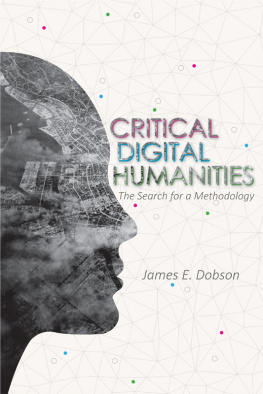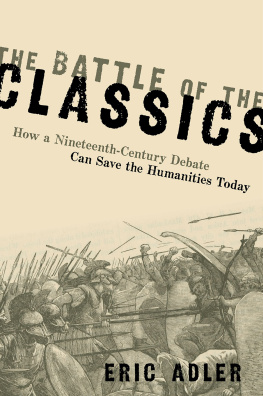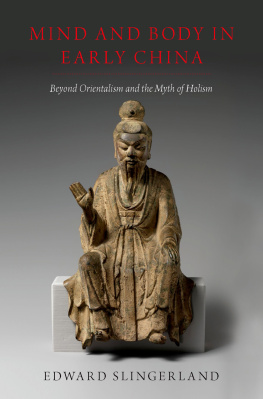Critical Humanities from India
The field of humanities generates a discourse that traditionally addressed the questions of what is proper to man, rights of man, crimes against humanity, human creativity and action, human reflection and performance, human utterance and artefact. The university as a philosophical-political institution transmits this humanist account. This European humanistic legacy, which is little more than Christian anthropology, barely received any questioning from cultures that faced colonialism. In such a context, this volume attempts to unravel the barely secularized heritage of Europe (Derridas phrase) and its fatal consequences in other cultures. The task of Critical Humanities is to explore the ways in which the question of being human (along with non-human others) today from heterogeneous cultural backgrounds can be undertaken. The future of the humanities teaching and research is contingent upon the risky task of configuring cultural difference from non-European locations. Such a task is inescapable and urgently needed when tectonic cultural upheavals have begun to show devastating effect on planetary coexistence today. It is precisely in such a context that this collection of essays on critical humanities affirms, without alibi, the urgency of collective reflection and innovative research across the traditional disciplinary and institutional borders and communication systems on the one hand and Asian, African and European cultural formations on the other. Critical Humanities are at one level little more than communities on the verge (critical) but whose centuries long survival and resilient creations of cultural (and /as natural) habitats are of deeply enduring significance to affirm the biocultural diversities of living that compose the planet.
Topical and timely, this book will be useful to scholars, researchers and teachers of cultural theory, literary studies, philosophy, cultural geography, legal studies, sociology, history, performance studies, environmental studies, caste and communalism studies, postcolonial theory, India studies, and education.
D. Venkat Rao is Professor of English Literature, School of English Literary Studies, The English and Foreign Languages University, Hyderabad, India. In addition to books in English and Telugu, he has published several articles in national and international journals. His recent work is Cultures of Memory in South Asia (2014). His other publications include In Citations: Readings in Area Studies of Culture (1999), a translation of Ashis Nandys The Intimate Enemy into Telugu. He has also translated into English, a Telugu intellectual autobiography entitled The Last Brahmin (2012). He has co-edited Reflections on Literature, Criticism and Theory (2004) and an anthology of essays on U. R. Ananthamurthys Samskara. His interests include literary and cultural studies, image studies, comparative thought, translation, and mnemocultures. He has designed several courses interfacing culture, technology, and literary studies.
Critical Humanities from India opens up new avenues for comparative research in the human sciences. The prospect that it uncovers is a daunting one, exciting and important. This volume is destined to become a forerunner in a burgeoning scholarly field.
Jrgen Pieters, Professor, Ghent University, Belgium
Seventy years after Indian political independence, a contemporary academic generation still faces the problems of radical intellectual emancipation. Not just consolidating versions of a post- or anti-colonial problematic or combating a still pervasive orientalism. But risking the recognition that the most difficult tasks of thinking disturbingly arise when the very concepts and terms with which one tries to think are themselves the problem. Whether questioning definitions of discipline, rethinking community, challenging the notion of caste, shifting geo-graphical categories, or reconceptualising religion, this collection of essays contributes to the construction of an emerging critical humanities for an Indian university terrain now potentially shaped as much by its pan-Asian student intake as by still dominant European paradigms of how to think at all. A demanding but exhilarating collaborative undertaking by an impressive array of actively critical practitioners.
Bernard Sharratt, Honorary Senior Research Fellow, University of Kent, UK
Critical Humanities from India
Contexts, Issues, Futures
Edited by D. Venkat Rao

First published 2018
by Routledge
2 Park Square, Milton Park, Abingdon, Oxon OX14 4RN
and by Routledge
711 Third Avenue, New York, NY 10017
Routledge is an imprint of the Taylor & Francis Group, an informa business
2018 selection and editorial matter, D. Venkat Rao individual chapters, the contributors
The right of D. Venkat Rao to be identified as the author of the editorial material, and of the authors for their individual chapters, has been asserted in accordance with sections 77 and 78 of the Copyright, Designs and Patents Act 1988.
All rights reserved. No part of this book may be reprinted or reproduced or utilised in any form or by any electronic, mechanical, or other means, now known or hereafter invented, including photocopying and recording, or in any information storage or retrieval system, without permission in writing from the publishers.
The essays (except that of Kailash Baral) included in this book were first published in a Special Issue of the Journal of Contemporary Thought, Summer 41, 2015.
Trademark notice: Product or corporate names may be trademarks or registered trademarks, and are used only for identification and explanation without intent to infringe.
British Library Cataloguing-in-Publication Data
A catalogue record for this book is available from the British Library
Library of Congress Cataloging-in-Publication Data
A catalog record for this book has been requested
ISBN: 978-1-138-74304-5 (hbk)
ISBN: 978-1-351-23494-8 (ebk)
Typeset in Sabon
by Apex CoVantage, LLC
Contents
VELCHERU NARAYANA RAO
D. VENKAT RAO
SHASHIKALA SRINIVASAN
KAILASH BARAL
VIVEK DHARESHWAR
SUFIYA PATHAN
PRAKASH SHAH
DUNKIN JALKI
DILIP DA CUNHA
D. VENKAT RAO
S. N. BALAGANGADHARA
ASHIS NANDY AND ANANYA VAJPEYI
S. N. Balagangadhara is Professor at the Ghent University, Belgium, and the Director of the India Platform and the Research Centre Vergelijkende Cutuurwetenschap (Comparative Science of Cultures). He focuses on the analysis of Western culture through its representations of other cultures, with a particular emphasis on Western representations of India and translates the knowledge embodied by Indian traditions into the language of the 21st century. He is the author of multiple books and articles. His first book The Heathen in His Blindness: Asia, the West, and the Dynamic of Religion (1994) develops a theory of religion that shows that religion is not a cultural universal.
Kailash Baral is Senior Professor of English and Pro-Vice Chancellor (HAG) at the English and Foreign Languages University at Hyderabad, India. He has ten books to his credit. His last edited volume Theory after Derrida was published in 2009. Many of his articles have been a part of anthologies. His areas of expertise include critical theory, pedagogy and northeast studies.

